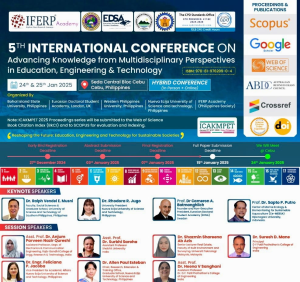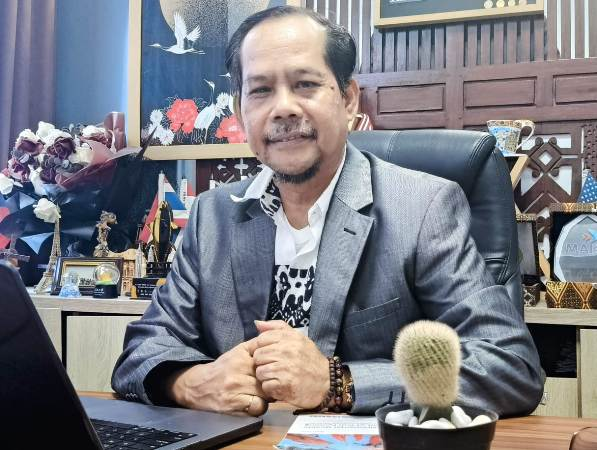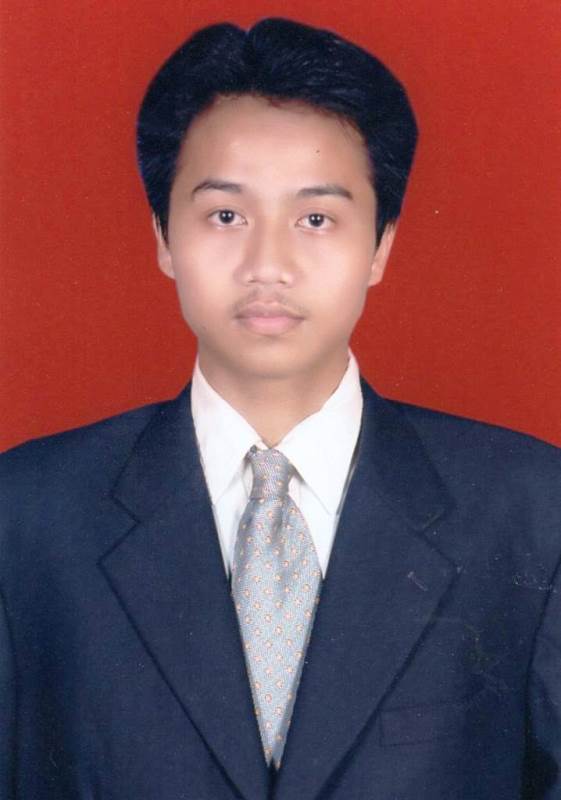Prof. Drs. Sapto P. Putro M.Si., Ph.D, the Head of the Center of Excellence Marine Ecology and Biomonitoring for Sustainable Aquaculture (Ce-MEBSA) and also the Head of the Department of Biology at the Faculty of Science and Mathematics (FSM) of Diponegoro University (Undip), was the keynote speaker at the 5th International Conference on Advancing Knowledge from Multidisciplinary Perspectives in Education, Engineering & Technology (ICAKMPET-2025).
The event, which took place on January 24-25, 2025, in Cebu, Philippines, carried the theme “Reshaping the Future: Education, Engineering, and Technology for Sustainable Societies.” The hybrid conference featured over 22 expert speakers from countries including the Philippines, Indonesia, India, Sweden, and Malaysia.
This theme emphasizes the importance of innovation and interdisciplinary collaboration in the fields of engineering and technology. Participants were encouraged to explore and propose cutting-edge solutions that support sustainable industrial development and address global challenges for a better future. The multidisciplinary perspective in the conference highlighted the interconnectedness of various fields in creating comprehensive and impactful solutions.

ICAKMPET-2025
As the only speaker from Indonesia, Prof. Sapto delivered his presentation virtually, titled “Integration Between IMTA System-Net Cages and Smart Biomonitoring Towards Productive Sustainable Aquaculture.” In his presentation, Prof. Sapto discussed the integration of the Integrated Multi-Trophic Aquaculture (IMTA) system with net cages and biomonitoring to create productive and sustainable aquaculture.
He explained that the integration of net cages with the IMTA system allows for the simultaneous cultivation of several marine species within a food chain, connected through the transfer of nutrients and energy in the aquatic ecosystem. This initiative prioritizes the implementation of a modern smart aquaculture system, integrated with a Web Geoportal Application Dashboard and utilizing IoT-based technology. Additionally, EWS-2SW and BIO-ENV Primer software are used to assess environmental disturbances based on biotic-abiotic parameters and various ecological indices.
This marine aquaculture system is further enhanced with biomonitoring applications that use environmental modeling approaches. The goal of applying modern aquaculture with the IMTA net cage system is to measure the growth patterns of cultivated biota and assess potential environmental disturbances in coastal marine ecosystems to implement productive and sustainable aquaculture concepts. This concept has already been applied in the coastal marine ecosystems of Karimunjawa and Teluk Awur Jepara, Indonesia.


